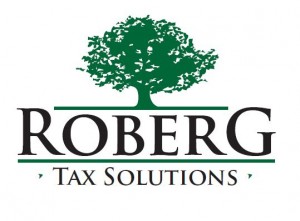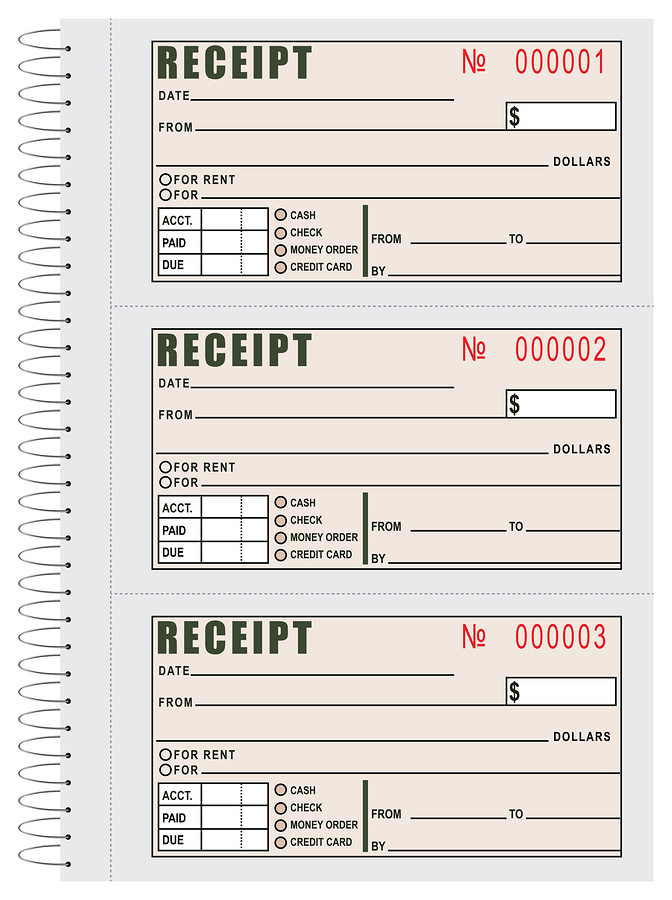
Even if you feel like they’re your kids, do not claim children that do not belong to you on your tax return for EIC.
I cannot tell you how many times I’ve heard this scenario:
My friend has 2 kids but she didn’t work last year. She wants me to claim them for her on my taxes and we’re going to split the money. Should I do it?
The answer is, NO! Absolutely not! It’s tax fraud. Those children are not yours so claiming them on your tax return is illegal.
But she says we won’t get caught!
Oh sure, you might not get caught right away, but someone might disapprove of what you’re up to and tell. For example, let’s say the children’s father finds out and he reports you. He could make a real problem for you.
The father is out of the picture, he’ll never tell.
Okay, then what happens when she decides that you didn’t give her enough of the refund? I’ve seen it happen hundreds of times. The friend claims the kids, the child’s mother gets upset over something and then turns the friend into the IRS for fraud. Seriously, it happens all the time. I’m not joking.
My friend’s not like that, we’re like sisters!
You’re like sisters until the child’s father comes back into her life. Or that new boyfriend decides that he wants some of that tax money. Or she thinks you cheated her.
Good friends stay good friends when money isn’t in the way. If there is a problem, and there will be a problem, you will be the one who has committed fraud, not her. You will be the one who has to pay back the tax, not her. You will be the one in trouble with the IRS, not her. Are you listening? All of the risk is on you.
A good friend won’t ask you to cheat on your taxes. Sure you’ve probably seen people do it and get away with it. We’ve all seen people game the system one way or another. But that doesn’t make it right. And it doesn’t mean they won’t get caught either.
If I don’t do it, someone else will.
Probably. But at least it won’t be you. You’ll have a clear conscience and you’ll be able to sleep at night.
If you want to know who can legally claim a child for EITC, use the IRS EITC assistant. When you go to the link, answer all of the questions honestly. EITC Assistant
It’s a really good tool and will tell you who you can and cannot claim. It asks very specific questions about your relationship with the dependent you are claiming. Here’s a clue: “foster child” means a child that has been placed in your home by the court. You can’t just call a child your “foster child” because you spend a lot of time with them. And niece and nephew mean the child of your brother or sister, not the child of your friend. If you don’t pass the test using the EITC assistant, then do not try to claim EIC on those children. It’s that simple.
Will your friend be mad at you for turning her down? Probably yes. If she’s a real friend, she’ll get over it. If she’s not a real friend, then you made a real good decision by turning her down didn’t you?










